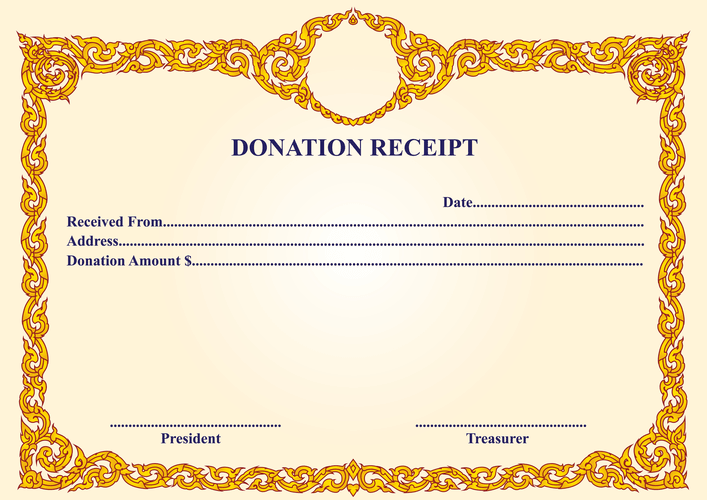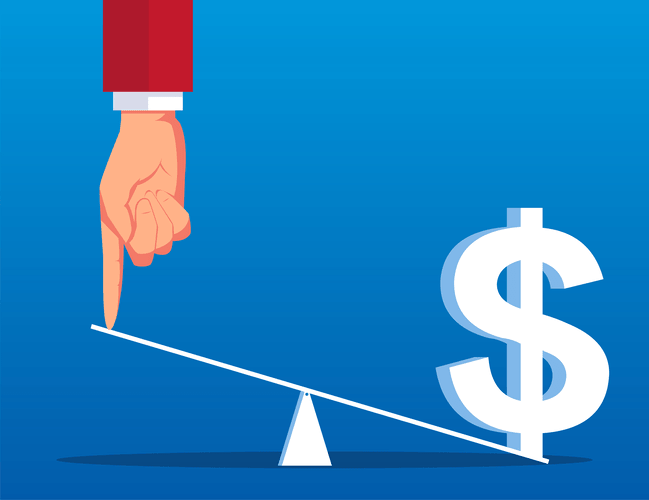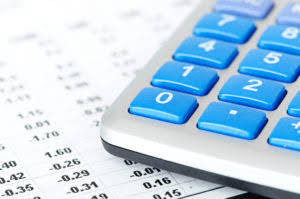
Tax preparation refers to the process of preparing and filing bookkeeper vs tax preparer tax returns. It involves correctly applying tax laws to calculate what the company owes in taxes based on its income, deductions, and applicable credits. Tax preparation requires a deep understanding of tax laws, which are complex and frequently change. When managing your business’s finances, it’s essential to understand the differences between a bookkeeper, accountant, tax preparer, and CPA (Certified Public Accountant). Each role is vital in ensuring financial health, and each has expertise, qualifications, and focus areas that differ significantly—understanding who to turn to for what task can make a big difference in your business’s success.
Qualifications of Tax Preparers
For both individuals and corporations, tax returns must be prepared and filed by a tax preparer. Tax preparers also offer their clients tax counsel and advice throughout the year. They’ll assist you in finding deductions, organise all your documentation, and sometimes even assist you with filing your taxes. At Regio Management, we offer professional services in both bookkeeping and tax preparation, ensuring your company not only maintains accurate and up-to-date financial records but also maximizes its tax efficiency.
Accounting:
- Evaluate your unique financial situation to determine which professional best fits your needs, ensuring peace of mind and financial efficiency.
- A CPA is more credentialed than a private accountant and has met certain education and experience requirements for their state.
- Loriann Kuntz and I got to chat on the Profit Priority Podcast about exactly that.
- Tax strategy and reduction is an investment back in your business – not an expense.
- But here’s the catch—not all financial professionals do the same thing.
A CPA has a higher level of knowledge than a bookkeeper or tax accountant, and they have a deeper level of understanding regarding what questions need to be asked regarding the financial aspects of your business. When I’m helping clients with tax planning, our goal is to reduce the overall amount they’re paying in income taxes. Tax planning means creating a strategic and proactive plan, so you can take whatever tax liability you have and make it as small as possible – legally & ethically. It is my belief that the business owner is getting the very best if BCA Consulting does only what we are experts at, and allows the tax professionals to do what they are specialized in. This also creates a check and balance system, allowing two separate organizations to be a watchdog for your business.

Key Roles of Bookkeeper vs Accountant
The most conspicuous difference between CPAs and enrolled agents is the relationship they have with taxpayers. While CPAs deal with a taxpayer’s overall financial situation, enrolled agents strictly handle tax issues, which limits the extent and duration of their professional relationship. That tidy package with everything in one place makes it quite easy to share with a CPA or tax preparer. We can even file your taxes for you, both business taxes and your individual tax return. A bookkeeper is the one gathering all of your financial information, and summarizing it into the financial statements that your tax preparer needs.

How to Decide Between an Accountant and a Tax Preparer

Someone might be one or all of these, and accounting firms may have all these professionals within their walls. Now that we’ve covered that, let’s get to the heart of the differences. Tax preparers are specialists focused on the preparation and submission of tax returns. They help individuals and businesses navigate CARES Act the complexities of tax laws, ensuring compliance while optimizing refunds or minimizing tax payments.
When I first started doing tax strategy, I structured it as a VIP day. Over time, I realized that my clients needed to have more education and accountability – hence our monthly Car Dealership Accounting check-ins. The functions of a bookkeeper and a tax preparer are different but complementary in the complex world of startup finance. In the end, managing the challenges of entrepreneurship and attaining long-term financial success requires a well-rounded financial team that includes both a bookkeeper and a tax preparer.24/7 Canadian support—trading help is always just one click away goldpeak bitrow app . A bookkeeper is an in-house employee or third-party contractor that businesses use to manage their operational finances, such as accounts payable, accounts receivable, inventory, and payroll.

Introduction of a Tax Preparer – The Tasks & Responsibilities

Meanwhile, due to the focus of the EA’s activities on tax preparation, it is natural to engage services of the tax preparers once a year. The non-CPA tax preparers may be a good, cost-effective option for an individual or a business whose tax situation has remained constant from previous years. The EAs are well qualified to prepare tax returns, and may represent clients with inter-state tax issues, which a regular CPA cannot. Because of this, some CPAs also get qualified as EAs in order to provide their clients with a more versatile suite of tax services, though at higher CPA rates.
Managing for Recovery – Cash Management
A tax accounting, or tax preparer, is not, by definition, a CPA (Certified Public Accountant) or a CB (Certified Bookkeeper). In fact, some training to become a tax preparer may involve nothing more than a course that lasts a few weeks in the evenings. Some tax accountants are CPAs—you can expect to pay a lot more for their services. In many states, anyone (and everyone) can hang a sign that says “tax preparer” with no experience or education required.